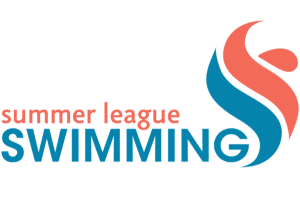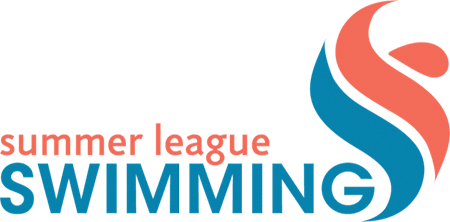Many life lessons can be learned from participating on a summer swim team. One of them – setting goals! Here are a few things you should consider to help your swimmers set more effective goals.
Why Should Swimmers Set Goals?
Goal setting is not just confined to swimming. It’s a big life skill that can help kids establish and focus on clear targets, priorities, and expectations for the rest of their lives. Setting goals can also help improve performance and confidence and increase motivation.
However, in setting goals with your swimmers, it’s essential to teach them that it’s not only a skill to set goals but a process. For some swimmers, they set a goal and that’s it. Goal accomplished. But that’s not how it works – goals don’t end when you write them down. It’s an ongoing, evolving process where we are tweaking what is working, working on things that are slowing us down, and taking the time to periodically evaluate the goal plan. Setting up well-thought-out goals and taking the time to do check-ins is a great way to set effective goals that will be reached.
Setting Effective Goals – Make it SMARTER
For more effective setting goals, go with the SMARTER method. This is an acronym that will help you and your swimmers set the right goals.
Specific
If a swimmer wants to improve a certain skill, they’re going to need to be specific. “I want to swim fast” isn’t really a goal. It’s more of a broad objective.
Lots of swimmers want to swim fast, but without a specific target or time, it’s going to make it difficult to aim and gauge when they’ve finally reached their goal. That’s because “fast” means different to everybody at any given time. Don’t let your kids be ambiguous in their goal-setting. If they leave themselves with fuzzy goals, it will make them feel equally fuzzy in terms of direction of achieving them.
Measurable
Going off the last point, to help your swimmer make a more effective goal, make sure the goal is measurable. How will they be able to judge when they have reached their goal? Again, don’t allow ambiguity as it can leave room for doubt. Instead of having the goal “I want to swim fast,” help them set specific, measurable parameters like, “I want to beat my personal best in the 50 freestyle by the end of the season.”
Adjustable
Sometimes life just happens. So it’s important to teach kids that goals, while still needing to be met, can be adjusted. If they get in the habit of scrapping goals when things don’t go their way, goals won’t mean anything. Whether they need to adjust their goals due to life changes (like getting sick and missing out on multiple practices) or if they find the goal too easy, help them learn how to adjust everything accordingly so they can stay motivated.
Realistic
You should also help them set goals that are realistic to be met. If this is their first swim league experience and they want to be number one in all their races, that probably isn’t likely. Help them set a goal that you think they’ll achieve, but not without putting in the work to achieve it. Setting goals that are too easy or too hard won’t help them reach their maximum potential.
Time-Bound
Swim goals should have a time limit so swimmers can reach goals in a timely manner. If it’s too long of a time allowance, they could lose interest. Too short and they may overwork themselves. Discuss with them what they think is an appropriate amount of time to reach their goals then help lead them in the right direction if their timing seems off.
Evaluate
Just as we mentioned earlier, doing check-ins with your swimmer and evaluating what’s working (and what’s not) is the key to effective goal-making. Having your swimmers meet and discuss with you will keep their progress in check and help decide what the next steps of the plans are.
Evaluating regularly will also help them not get too comfortable with their habits. The check-ins are there to shake them out of their comfort zone and get them the perspective they need to keep moving forward.
Record
It can be hard to remember all the progress that happens over a swim league, especially for younger swimmers. Help them get in the habit of logging their own progress, ideally in something tangible like a swimming log. They’ll not only be able to have the accountability down on paper, but it can be motivating for swimmers to see just how they’re improving and moving towards their goal!

Let us help you reach your full potential!
You Help Your Swimmers Be Better – Now Let Us Help You
We know how important the job of being a coach is. And we want to help you become the very best coach you can be. That’s why we offer our swim coach certification course. It provides specific tips and techniques from leading researchers in sports and educational psychology and will equip you with the tools to grow in your craft.
At SLS, our help doesn’t stop there. We also provide background checks and insurance coverage for swim leagues and teams. Our goal is to introduce youth from the ages of 5-18 to the sport of swimming by providing fun, safer, and healthy environments. No matter where you are in the United States, we’re ready to lend a hand. Let us help you reach your full potential!
